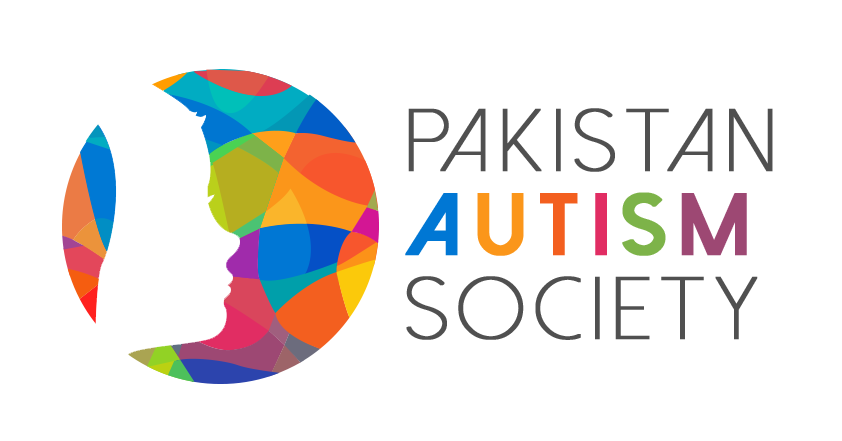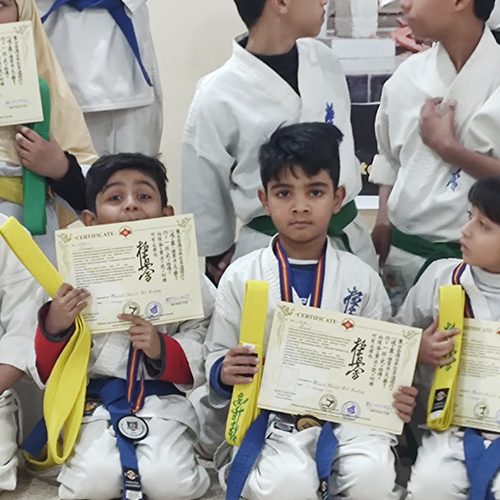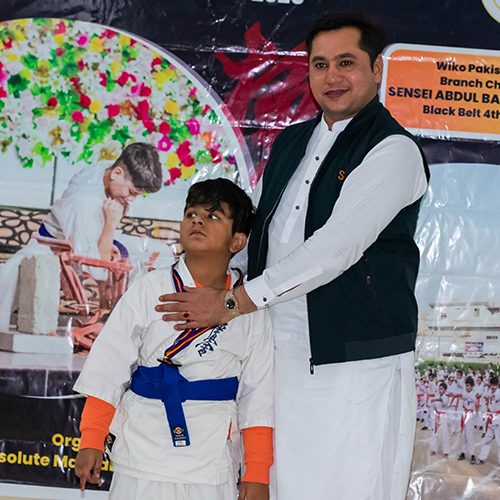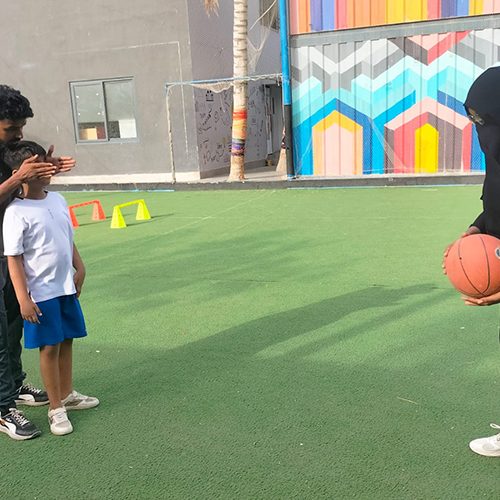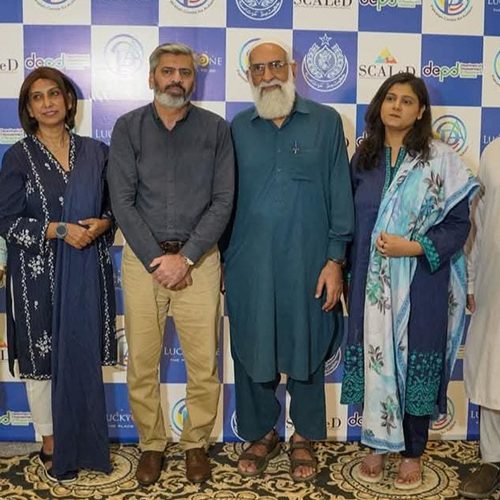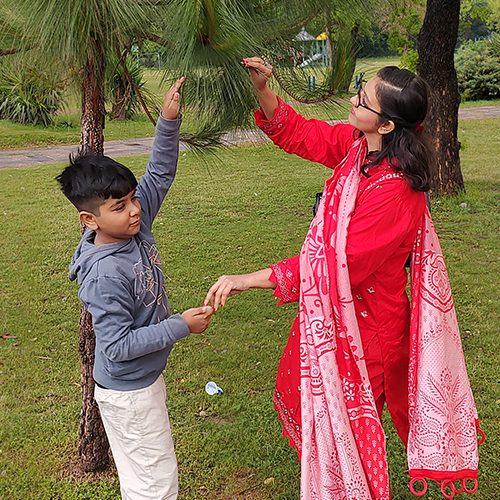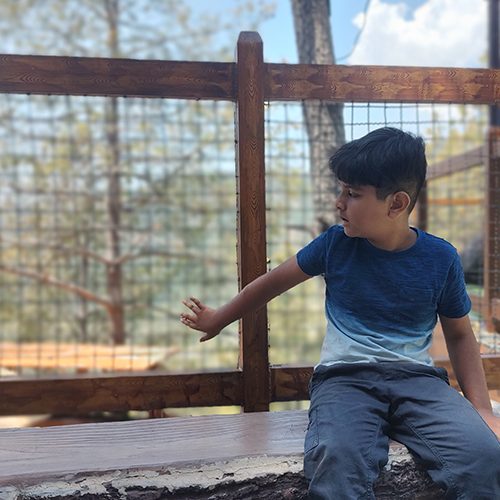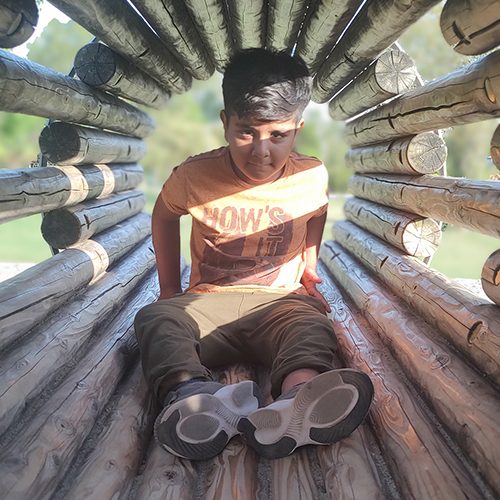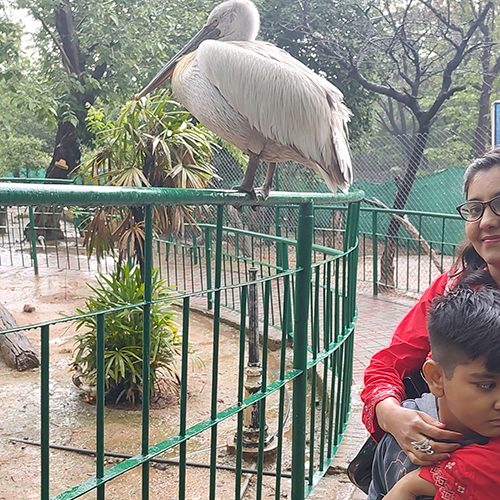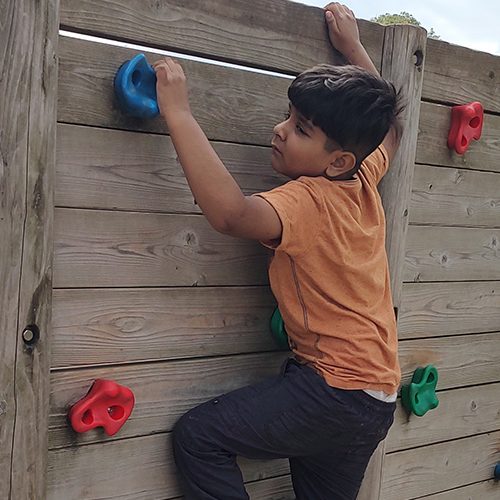In a country where silence often speaks louder than words, autism remains one of the most misunderstood and overlooked conditions. Pakistan, home to over 240 million people, is grappling with a critical gap in public awareness and acceptance of autism—a neurodevelopmental condition that affects how individuals perceive the world and interact with others. Despite global strides in autism advocacy and support, Pakistan is still in the early stages of recognizing and responding to the needs of its autistic population.
A Widespread Lack of Understanding
Autism Spectrum Disorder (ASD) is not a disease—it’s a spectrum of differences in communication, behavior, and sensory processing. Yet in Pakistan, many people still don’t know what autism really is. It’s often confused with mental illness, seen as a result of poor parenting, or wrongly attributed to supernatural causes.
Parents of autistic children frequently face confusion and misinformation from relatives, educators, and even healthcare professionals. In both rural and urban communities, a child’s atypical behavior—such as delayed speech, repetitive actions, or sensory sensitivities—is often misunderstood. Without proper information, many families delay seeking help, or worse, never seek it at all (Springer Link).
The Burden of Cultural Stigma
Beyond ignorance lies an even more damaging barrier: stigma. In a culture where societal reputation and conformity hold immense weight, having a child who behaves “differently” can be seen as shameful. Families are often advised to “keep it quiet,” fearing isolation, ridicule, or rejection from their social circles (PMC Article).
This stigma affects not just the child, but the entire family. Parents—especially mothers—are unfairly blamed. Autistic children are frequently hidden from public view or denied access to educational opportunities. In extreme cases, they may be subjected to harmful “treatments” or ostracized entirely (Faisalabad Autism Centre).
The Consequences of Inaction
The lack of awareness and acceptance has real, long-term consequences. Without early intervention, autistic children miss out on crucial developmental milestones. Schools, often unequipped and uninformed, fail to accommodate neurodiverse students, resulting in dropouts and isolation. Healthcare professionals, without proper training, may misdiagnose or mistreat children, leading to emotional trauma (Springer Reference).
Moreover, adults on the autism spectrum in Pakistan face a future of uncertainty. Employment opportunities are virtually nonexistent, support systems are minimal, and societal inclusion is rare. The silence surrounding autism doesn’t just delay diagnosis—it denies dignity.
The Urgent Need for Nationwide Awareness
To break the silence, Pakistan needs a united and sustained effort. Nationwide awareness campaigns are no longer a luxury—they are a necessity.
We need:
- Public Education: Media campaigns, school programs, and community workshops can help dismantle myths and spread accurate information about autism.
- Training for Professionals: Teachers, doctors, and therapists must receive proper training to identify and support autistic individuals.
- Inclusive Policies: Government bodies must establish and enforce protections for autistic people in education, healthcare, and employment.
- Parent Support Networks: Families need safe spaces and resources to advocate for their children without fear of judgment.
A Ray of Hope
Grassroots organizations, a few dedicated therapists, and brave parents are already making a difference. Online platforms and autism-focused centers are slowly emerging, and more voices are beginning to challenge the stigma. For instance, the Autism Society of Pakistan offers services including awareness campaigns and therapy sessions.
Additionally, initiatives like the Autism Awareness Symposium organized by the Pakistan School System highlight the growing efforts to bring autism into public discourse.
But these efforts need to be amplified, coordinated, and supported at a national level.
Silence is no longer an option. Every child deserves to be seen, understood, and accepted. It’s time to break the silence on autism in Pakistan—not just for those on the spectrum, but for a more compassionate, informed, and inclusive society.
